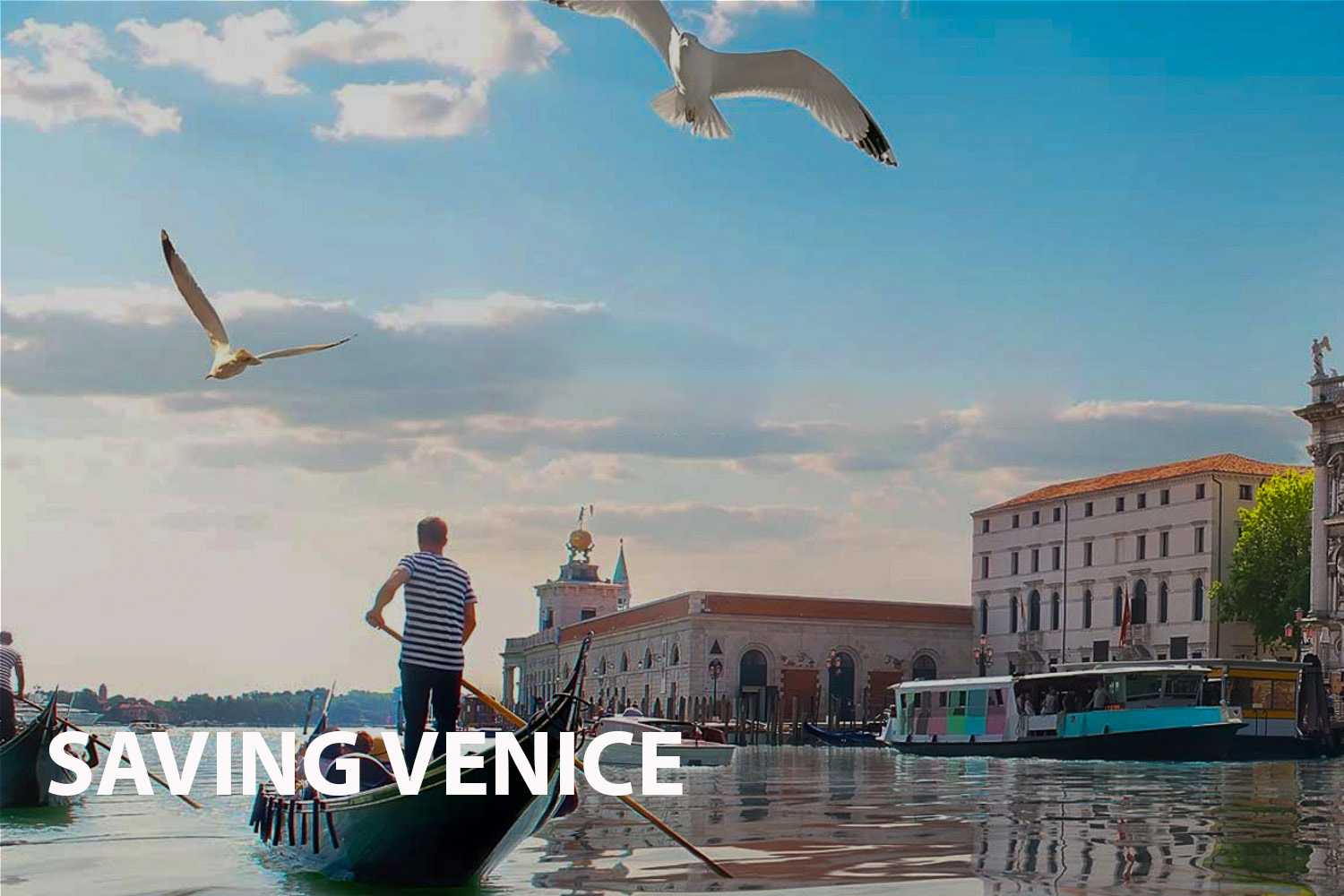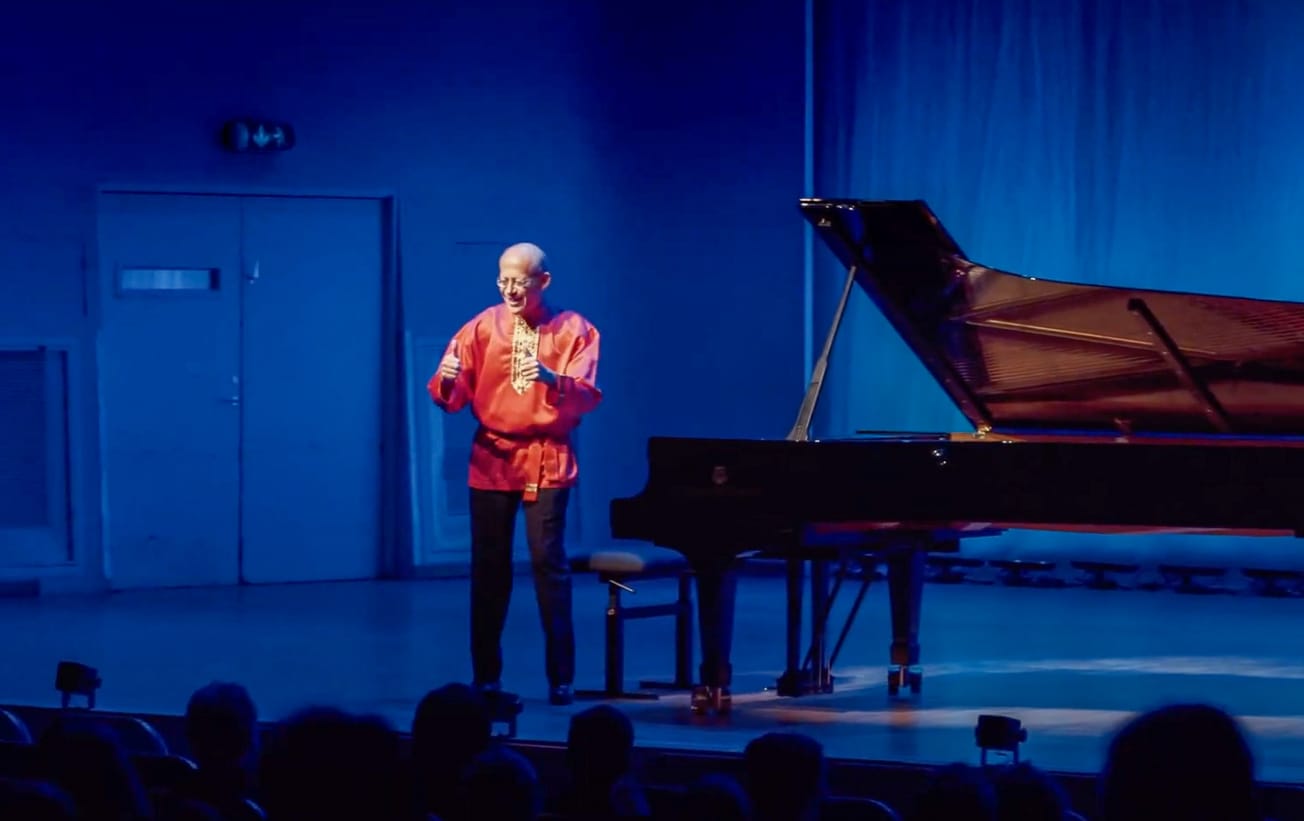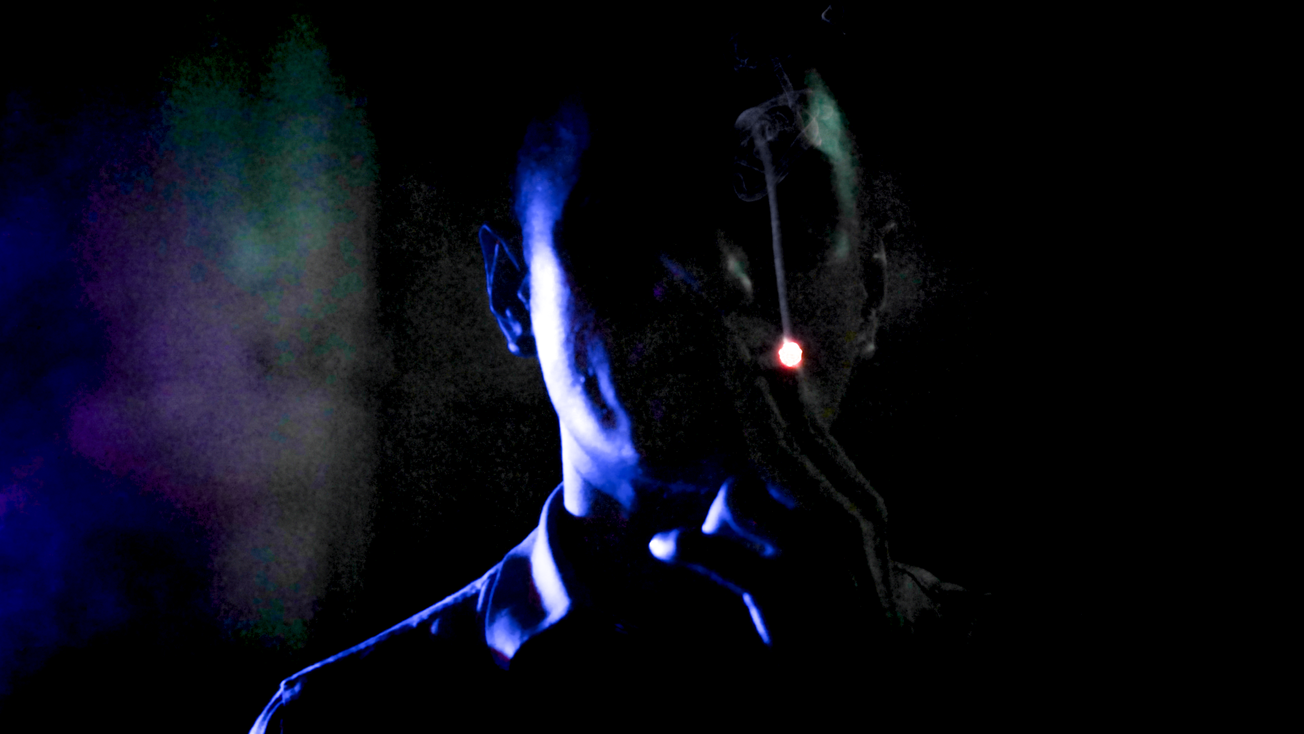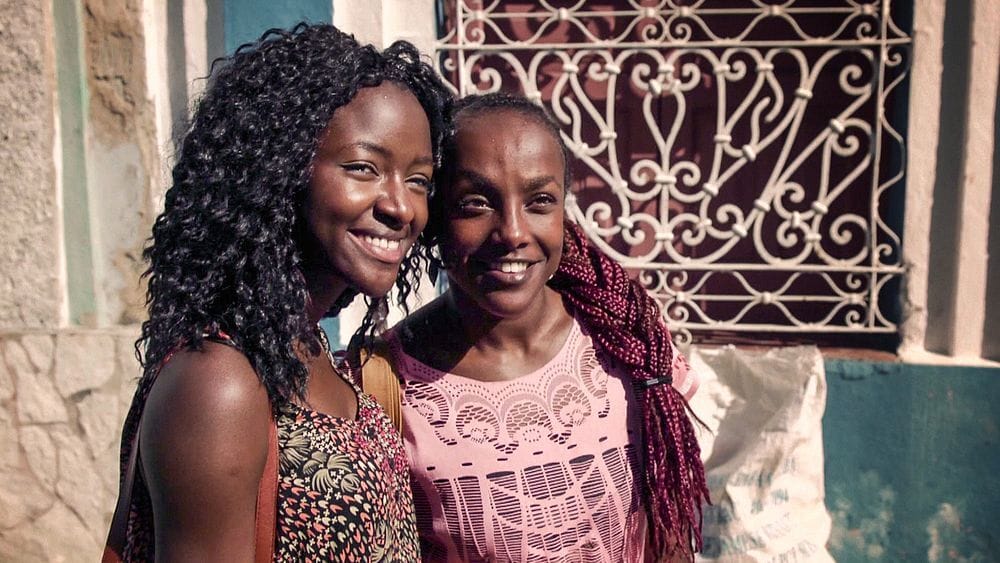Keywords: Venice, Tourism, Climate Change, Preservation, Cultural Heritage, Urbanization. Three words: Poignant, Informative, Eye-opening
Introduction
"Saving Venice" is a compelling documentary directed by Alex Barry and released in 2019. It shines a spotlight on the urgent and complex issues facing one of the world's most unique and treasured cities. The film explores the impact of mass tourism, climate change, and urbanization on Venice, and the efforts being made to preserve it for future generations.
Synopsis
"Saving Venice" paints a sobering picture of a city under threat. Every year, over 25 million tourists visit Venice, a city with a residential population of just 53,000. The sheer volume of tourists, coupled with the presence of massive cruise ships and the effects of climate change, have resulted in the city rapidly losing its inhabitants. Over a decade, Venice has seen a 12% decrease in its resident population, sparking fears that it could become a ghost town within a few decades.
More Film Analysis
Analysis
"Saving Venice" adopts a journalistic and observational style, deftly combining interviews with experts, activists, and locals with stunning visuals of the city. The film undertakes a deep dive into the issues, offering a balanced view of the economic benefits of tourism against the cost to the city's cultural heritage and the well-being of its residents.
Historical and Factual Context
Venice was built on wooden pilings driven into marshy ground over 1,500 years ago, and has always been vulnerable to flooding. However, rising sea levels due to climate change, along with the damage caused by large ships and overtourism, have accelerated the city's sinking process and put its future at risk.
Key themes in the film
- The impact of mass tourism
- The effects of climate change on urban environments
- Preservation of cultural heritage
- The struggle for sustainable urban development
Film Comparisons
"Saving Venice" can be compared to other environmental documentaries like "An Inconvenient Truth" and "The 11th Hour" in its focus on the effects of climate change. However, it also shares common themes with cultural preservation documentaries such as "The Destruction of Memory".
Noteworthy Moments
The film's footage of the 2019 Venice flood, the worst in over 50 years, serves as a stark reminder of the city's vulnerability. Interviews with locals expressing their love for their city and their fear for its future are particularly poignant.
Reviews
This documentary has been lauded for its insightful exploration of the issues facing Venice. Critics have praised its balanced approach, effective storytelling, and evocative visuals.
Conclusion
"Saving Venice" is a must-watch for anyone interested in urban development, cultural preservation, or environmental issues. Its powerful message and stunning visuals make for an unforgettable viewing experience.
More film information:
FILM SUMMARY
- Genre: Documentary
PERSONALITIES
- Alex Barry: Director
- Venetian Locals: Provide firsthand accounts of the changes in Venice
LOCATIONS
- Venice: A city built on marshy ground and canals, a UNESCO World Heritage Site
Key Questions Raised by the Film:
- What is the impact of mass tourism on local environments and communities?
- How does climate change affect urban areas?
- What can be done to preserve cultural heritage sites like Venice?
Links for Further Exploration:
I wonder what the film would be in another art form



- If this film was a famous book, which one would it be? "The World Without Us" by Alan Weisman - both explore the impact of human activity on the environment.
- If this film was a famous song, which one would it be? "Big Yellow Taxi" by Joni Mitchell - the song's theme of not appreciating what we have until it's gone resonates with the film's message.
- If this film was a famous piece of art, which one would it be? "The Last Supper" by Leonardo da Vinci - both depict a moment in time that's destined to change.
- If this film was a famous celebrity, who would it be? Leonardo DiCaprio - a well-known environmental activist.
- If this film was a color, which one would it be? Blue - representing both the water that defines Venice and the melancholy of its potential loss.
- If this film was a music style, which one would it be? Classical - both the film and this genre of music have a timeless quality.








